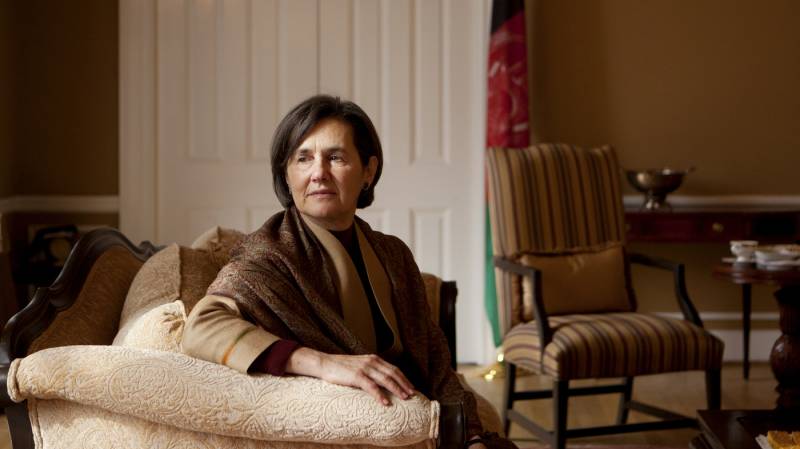Afghan women from across the country gathered in Kabul to discuss their experiences, vision and contribution to peace in the country at the Fourth Kabul Symposium “Afghan Women; Messengers of Peace” hosted by Afghanistan’s First Lady, Rula Ghani.
Addressing delegates at the symposium’s opening on Sunday night, Tadamichi Yamamoto, the Secretary-General’s Special Representative for Afghanistan and head of the UN Assistance Mission in Afghanistan (UNAMA), said, “The United Nations stands in solidarity with Afghan women, and supports all efforts to ensure that women’s involvement in peace is meaningful.” “This three-day symposium is an excellent opportunity for you to share your experiences, discuss your visions for the future and strategize about how women must play a leading role in building peace in Afghanistan,” said Yamamoto.
The UN envoy underscored other experiences from around the world that had demonstrated that in order for peace to be sustainable, women have to be involved from the outset.
Afghan President Ashraf Ghani meanwhile addressed delegates on Monday and said, “If there was no war in the country millions of women would be doctors and engineers but that currently they are the biggest victims of the war.” “The number of women deprived of literacy in Afghanistan is three times more than men and the reason behind this is the imposed war that we are facing,” Ghani said.
He also said women are the real defenders of peace. He did however call on Afghan women to submit their recommendations for peace to government.
UNAMA said in a statement that, “As half the population, the empowerment of Afghan women and girls is essential to ensure their full participation in the political and social life, and help realize Afghanistan’s full potential.” “Women and girls also have a variety of roles in the home, community and nation that are critical to the promotion of peace,” the statement read.
The Afghan government has pledged to increase the presence of women in government institutions to 30 per cent by the year 2020. “We hope that this goal will be achieved,” read their statement.






